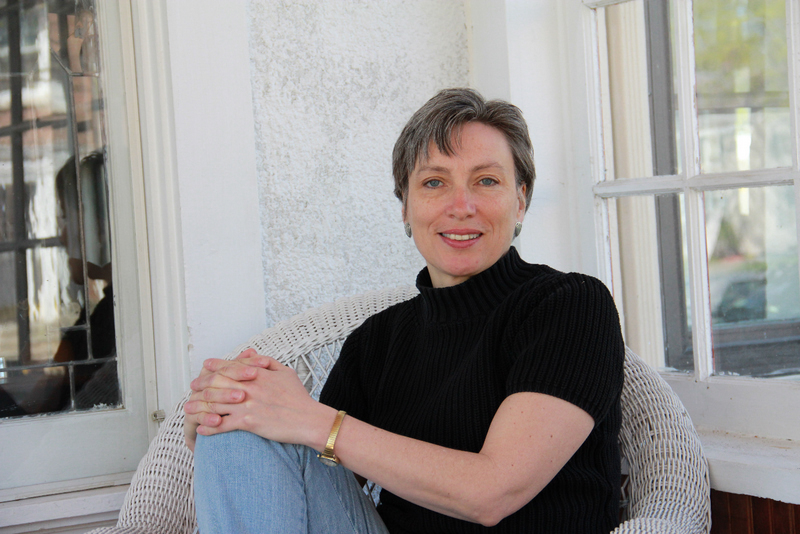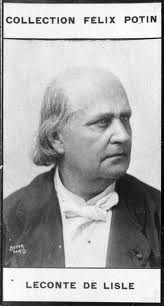For your Sunday morning delectation, over coffee and bagels or eggs and bacon or hominy and grits and the New York Times or the Sunday Star or the London Sunday Times, preferably while you’re still in bed, here is Marilyn McCabe singing Leconte de Lisle‘s “Les Roses d’Ispahan” put to music by Gabriel Fauré. Marilyn’s popular translation and performance pieces have a very special place at Numéro Cinq; she’s done a bunch and I have to say it’s a treat I keep returning to, just to switch onto NC, find Marilyn and shut my eyes listening to her voice. So I’ve collected all her the contributions onto one page to make this easier for readers. Just click on her name in this paragraph to be taken to The Marilyn McCabe NC Archive Page. For each of these pieces, Marilyn also provides a deft translation of the original poem.
dg
In keeping with the West’s long love affair with the idea of the East, Leconte de Lisle (1818-1894) invokes the mystery and seduction of Iran, its aromas and flora. He plays with formal constructions, limiting himself to four end words in French poetry’s traditional alexandrine or twelve-syllable lines. When he put the poem to music, Gabriel Fauré dropped two of the original stanzas, but breathed something into the lines that the text does not quite offer. Translator/traitor indeed, my pale rendering into English fails the poem’s romance. The original’s oo’s and oi’s naturally purse the lips to a murmur, toward a kiss.
.
Click on the PLAY arrow and listen to Marilyn McCabe.
[podloveaudio src=”http://numerocinqmagazine.com/wp-content/uploads/2013/02/02-Les-Roses-copy.mp3″]
Les Roses d’Ispahan
Les roses d’Ispahan dans leur gaîne de mousse,
Les jasmines de Moussoul, les fleurs de l’oranger
Ont un parfum moins frais, ont une odeur moins douce,
O blanche Leïla! que ton souffle léger.
Ta lèvre est de corail, et ton rire léger
Sonne mieux que l’eau vive et d’une voix plus douce,
Mieux que le vent joyeux qui berce l’oranger,
Mieux que l’oiseau qui chante au bord d’un nid de mousse.
O Leïlah, depuis que de leur vol léger
Tous les baisers ont fui de ta lèvre si douce,
Il n’est plus de parfum dans le pale oranger,
Ni de céleste arôme aux roses dans leur mousse.
Oh que ton jeune amour, ce papillon léger,
Revienne vers mon coeur d’une aile prompte et douce,
Et qu’il parfume encore la fleur de l’oranger,
Les roses d’Ispahan dans leur gaîne de mousse.
—Leconte de Lisle
The Roses of Ispahan
The roses of Ispahan, their sheath of moss,
the jasmines of Moussoul, their orange blossoms,
send forth a perfume less fresh, a scent less soft,
O pale Leila, than your breath, so light.
Your lips are of coral and your light
filled laugh more lovely than swift water, your voice more soft;
more joyful than the wind that shivers the orange blossoms,
than the bird that sings beside its nest of moss.
O Leilah, since all the kisses have fled light-
ly your lips, there is no soft
perfume in the pale orange blossoms,
nor scent of roses in their moss.
Oh, that it would return on light
wings, your love, that butterfly, quick and soft,
and perfume again rise from the orange blossoms,
the roses in their sheath of moss.
—Translation & Performance by Marilyn McCabe
———————————
Marilyn McCabe’s poem “On Hearing the Call to Prayer Over the Marcellus Shale on Easter Morning” was awarded A Room of Her Own Foundation’s Orlando Prize, fall 2012, and is forthcoming in the Los Angeles Review. Her book of poetry Perpetual Motion was published by The Word Works in 2012 as the winner of the Hilary Tham Capitol Collection contest.


Hello Marilyn:
Thanks for being so kind to leave your words of translation in this poem by Le Conte de Lisle. What pleasure. I have studied the song, privately because it yields the personality of the east or Orient, which had been in line with my study.
That said, this Faure is a most difficult song to sing, at a par of which I speak; to find the appropriate melody, of poetic and musical nature, and vocal color; it’s a staunch old man sound, though young in his time. I wish you luck with your ventures here. I enjoyed your version: voice and key, and of a light mezzo quality. It works, perhaps also for another such voice Dawn Upshaw or Syliva McNair, who I heard in Chicago at the Lyric Opera (I worked there too). Sylvia and I had the same teacher briefly, Virginia Zeani.
I digress…
I should have a work of poetry, along this same subject matter quite soon released maybe next year.